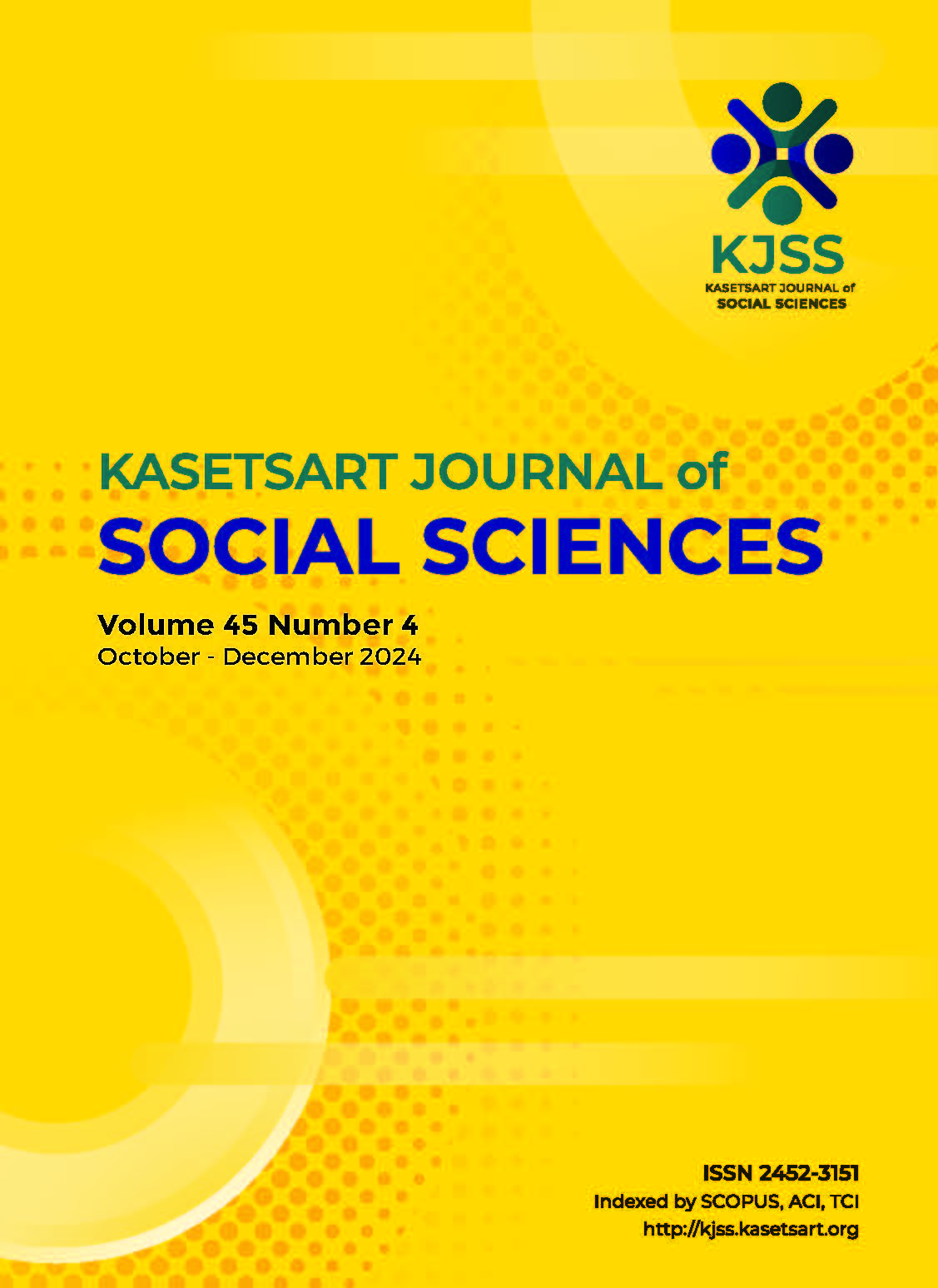Using instructional design to infuse indigenous knowledge in the civic education curriculum
Keywords:
civic education, indigenous knowledge, learning modelAbstract
Indonesia is presently facing challenges related to its national character, especially about the understanding of Indigenous Knowledge. The research aimed to develop a learning model for civic education based on North Sulawesi Indigenous Knowledge with ADDIE model. The research method used research and development using ADDIE model with descriptive qualitative and descriptive quantitative approach . Data collection techniques used observation and questionnaires. Meanwhile, the data analysis used one group pretest and posttest on 67 students. The results showed that students’ understanding of culture increased after being treated with the internalization of the local wisdom Indigenous Knowledge in Civic Education learning at elementary, middle, and high school in 9 schools in Minahasa Regency, Manado City, and Tomohon City. The results contributed to the world of education by serving as a relevant reference for related research and could be a source of reading for academics and society.
Downloads
Published
How to Cite
Issue
Section
License
Copyright (c) 2024 Kasetsart UniversityThis is an open access article under the CC BY-NC-ND license http://creativecommons.org/licenses/by-nc-nd/4.0/










